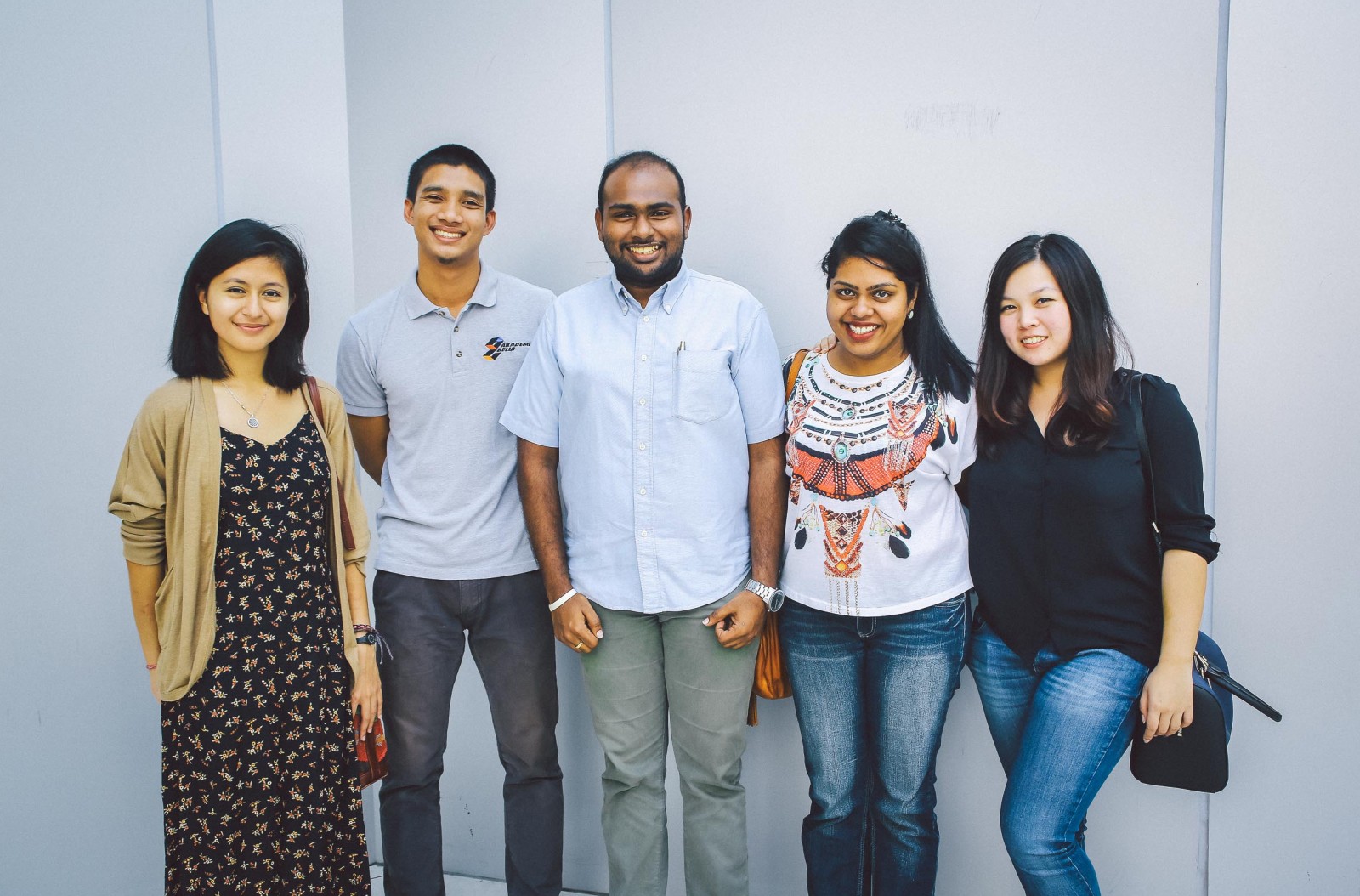It’s fast becoming an archaic notion that young people don’t care about human rights issues.Want proof? Well, the recently held Human Rights: A Youth’s Perspective workshop saw 40 young Malaysians coming together to learn about the state of human rights in the country. The event, spearheaded by the Global Movement of Moderates, in collaboration with Incitement, saw a host of concerns debated in the name of human rights.
Issues discussed at the workshop/dialogue included freedom of speech and expression, religion, assembly and association, and education. Also on the cards were migration issues and indigenous peoples’ rights. Small wonder, then, that the young professionals we spoke to were brimming with passion and thirsting for change. According to them, change will only be possible when Malaysians start paying more attention to:
Education
“Malaysians need greater awareness on human rights,” said school teacher and popular YouTuber Anwar Hadi, 24 who has been attempting to spark change around him via his social media presence and lessons at school.
“I try to get my students out of their comfort zones and teach them to question things,” he said. “But it’s hard to tell nine-year-olds not to accept everything they’re told, since that’s what they’ve been taught by their parents and society.”
Operations coordinator Clarissa Chua, 22, is also a believer in the importance of education as a basic human right. “Everybody has the right to good education,” she said. “At the talk today, we were taught critical thinking skills. I feel this is lacking in our education system.”
Respecting each other
“It is very important to realise that other people exist besides you,” said independent researcher Athirah Kamarudin, 23.
“What we learnt at the workshop was that we could potentially trample on other people’s rights by aggressively defending our own.”
Accepting different opinions
The five youths agreed many Malaysians are less accepting of dissenting views. “Diversity of opinions is good,” said Athirah. “But so many people look at ‘questioning’ as ‘accusing’. It doesn’t mean that I think you’re wrong, I simply want to understand where you’re coming from!”
Anwar echoed her sentiment, adding: “What I’ve noticed is that people tend to look at deviating sentiments as going against the ‘sacredness’ of being Malaysian.”

The passionate five: Young human rights advocates from left Athirah Kamarudin, 23, Anwar Hadi,24, Kishva Ambigapathy, 23, Suvika Ambigapathy, 22, and Clarissa Chua,22.
Child rights
One important child rights issue conference producer Suvika Ambigapathy, 22, highlighted was the plight of illegal immigrants’ children.
“Not many young people think about the rights of illegal immigrants in detention centres, especially the children,” she said. “But it’s a fact that when we separate children from their immigrant parents and place them in detention centres, we not only deprive them of normal growth, but also harm them mentally.”
Freedom of speech
“I ask a lot of questions on Twitter and YouTube,” said Anwar. “But I do not express everything I think for fear of my job’s safety.”
Anwar also worries that his social media presence could end up in a transfer away from his school – simply because he spoke his mind. “We are ruled by fear,” he said.
Effective dialogues
Youth activist and chairman of the Malaysian Indian Congress (MIC)’s Young Professional Bureau, Kishva Ambigapathy, 23, feels it is very important to make sure that your views are heard by the right people.
“We have so many vocal people, but they are only vocal in the digital sphere where their voices make little impact,” he said, adding that attending forums and discussions such as this human rights workshop was one way to meet the right people and ensure that one’s voice and opinions are heard.”








Tell us what you think!